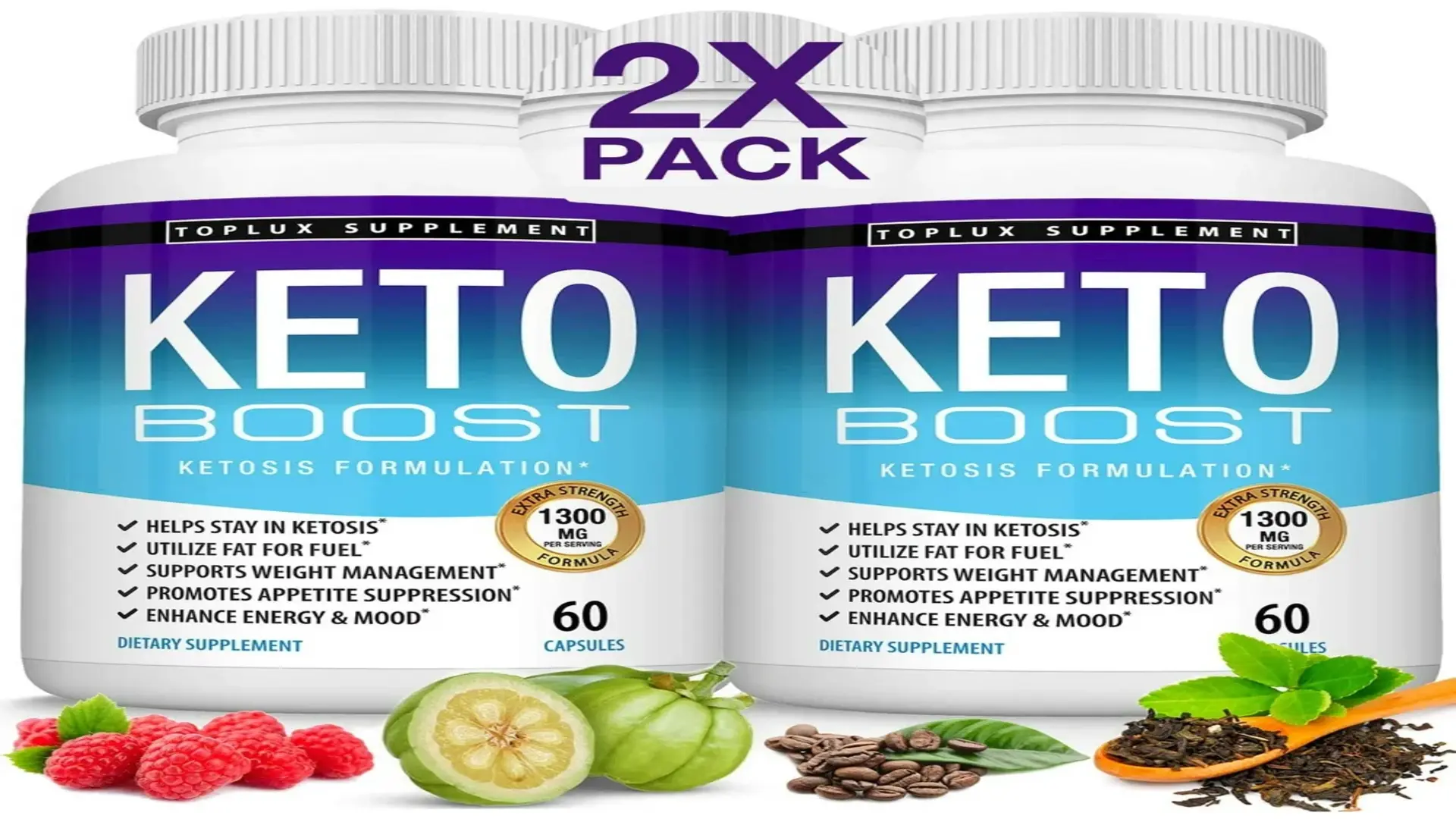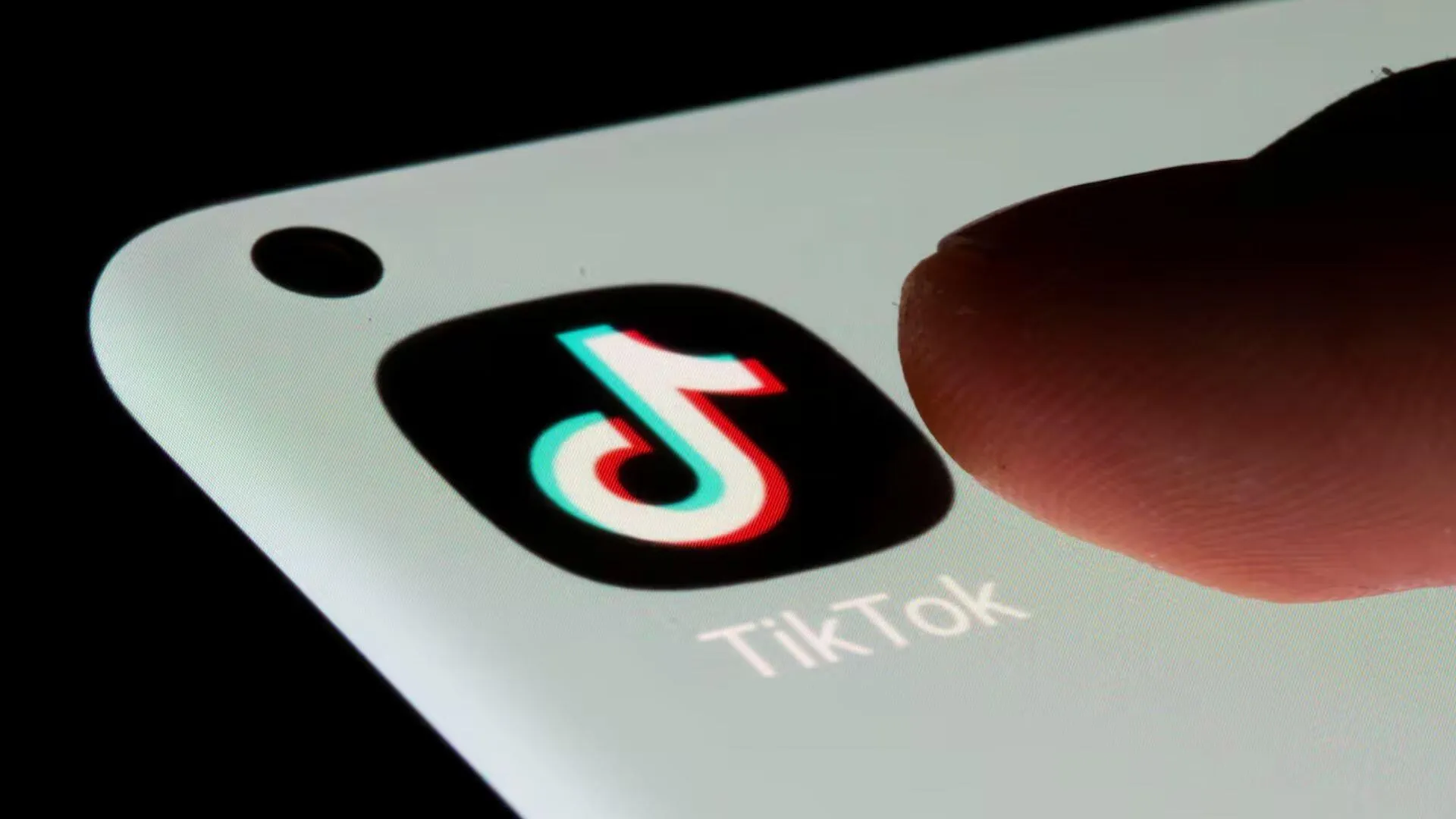Researchers at Penn Medicine’s Abramson Cancer Center and the Perelman School of Medicine have discovered that a common dietary supplement could significantly enhance the effectiveness of CAR T cell therapy, a groundbreaking cancer treatment. The findings, presented at the 66th American Society of Hematology (ASH) Annual Meeting, highlight a potentially inexpensive and non-invasive method to improve cancer outcomes.
Ketogenic Diet Improves Tumor Control
In their study, researchers explored how different diets—including ketogenic, high-fiber, high-fat, and high-protein—impacted CAR T cell function in a mouse model of diffuse-large B-cell lymphoma. Mice on a ketogenic diet demonstrated better tumor control and survival compared to other diets.
The key mechanism? Elevated levels of beta-hydroxybutyrate (BHB), a metabolite produced during a ketogenic diet, appeared to supercharge CAR T cells. “Our theory is that CAR T cells prefer BHB as a fuel source rather than standard sugars in our body, such as glucose,” said co-lead author Puneeth Guruprasad, PhD.
BHB Supplement Shows Promising Results
Building on these findings, the team tested a BHB supplement in laboratory models of human cancer and found that the combination of the supplement with CAR T therapy led to complete cancer eradication in most cases. They also discovered a correlation between higher BHB levels and improved CAR T cell expansion in blood samples from human patients undergoing the therapy.
“These results are exciting because they point to a relatively simple, low-toxicity intervention that could significantly enhance the efficacy of CAR T cell therapy,” said Maayan Levy, PhD, co-senior author.
Moving to Clinical Trials
The promising preclinical results have led to the initiation of a Phase I clinical trial at Penn Medicine’s Abramson Cancer Center. The trial, led by Dr. Elise Chong, will enroll patients with relapsed or refractory large B-cell lymphoma undergoing anti-CD19 CAR T therapy.
“As a physician and scientist, I share my patients’ excitement for potential new strategies to better treat their cancer,” said Marco Ruella, MD, co-senior author. “However, we want to emphasize that this research is still preliminary, and we are not making any dietary or supplement recommendations until clinical evidence confirms its safety and efficacy.”
A Step Toward Affordable Innovation
Unlike many emerging cancer treatments, this approach could offer an economical solution with minimal side effects. “If the clinical trial data pans out, I’m excited to think about how a fairly simple approach like this could enhance the anti-cancer effect,” Levy added.
As researchers continue their investigations, the potential for BHB supplementation to revolutionize CAR T cell therapy offers new hope for cancer patients worldwide.























